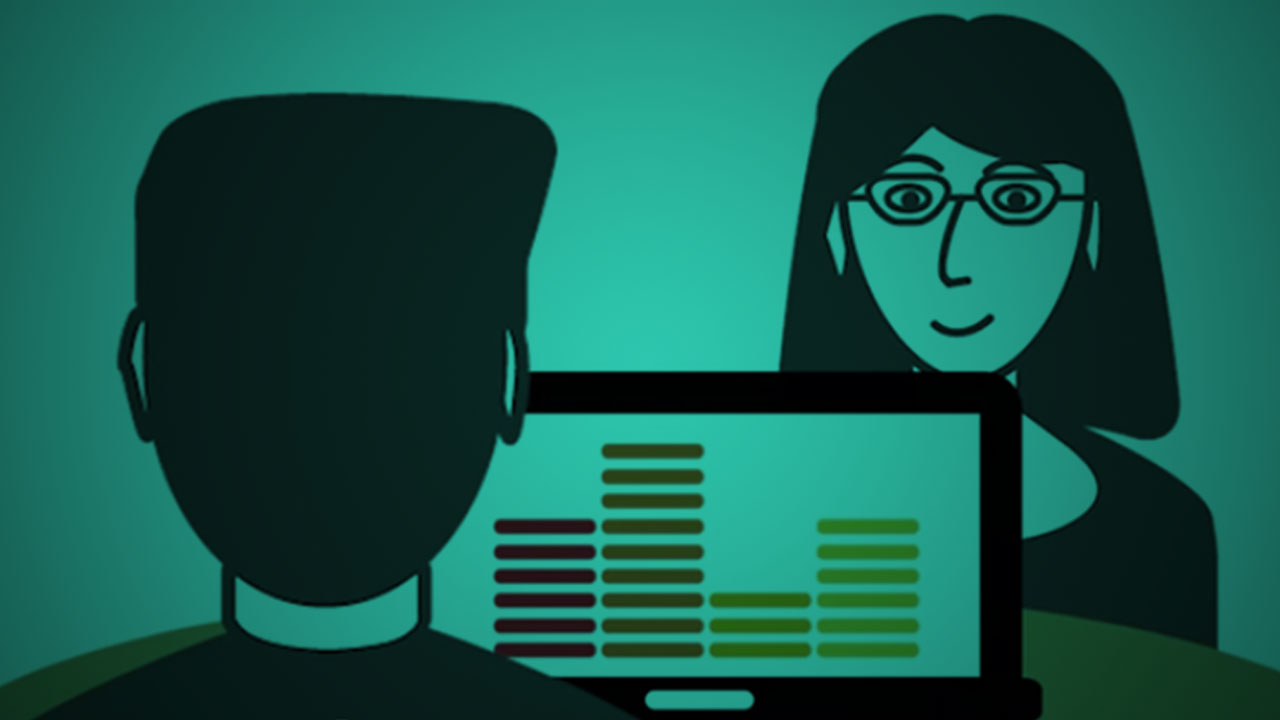Accessibility & Policy
About This Section
This section considers Universal Design for Learning (UDL) in the context of institutional policies and practices. It includes information on the legal obligations of postsecondary institutions to ensure that all students are provided with equal opportunities to learn. Given the increased use of technology and online learning in higher education, UDL emphasizes the importance of considering accessibility from the outset, including in connection to procurement decisions.
Legal Obligations for Accessibility
This resource discusses the legal obligations of postsecondary institutions with respect to the accessibility of digital content, online delivery systems, and technologies, and includes some practical tips.
Voluntary Product Accessibility Template (VPAT)
This resource discusses the relevance for postsecondary institutions of the Voluntary Product Accessibility Template (VPAT), a document prepared by vendors that describes the extent to which a particular product is accessible.
Equally Effective Alternate Access Plan (EEAAP)
This resource discusses the development of an Equally Effective Alternate Access Plan (EEAAP) by postsecondary institutions when buying, developing, or using a technology that is not accessible to students with disabilities.
Accessibility and Open Education Resources (OER)
This resource explores accessibility considerations in the context of open educational resources (OERs).
UDL is an educational approach based on the learning sciences with three primary principles—multiple means of representation of information, multiple means of student action and expression, and multiple means of student engagement.
The Voluntary Product Accessibility Template (VPAT) is a tool that vendors can use to describe the ways in which their hardware and software products meet accessibility standards.
An EEAAP is a plan that describes how the institution will provide “equally effective alternate access” to the same information or services offered by a technology that is less than accessible.
Open educational resources (OERs) are any type of educational materials that are openly and freely available for use.
